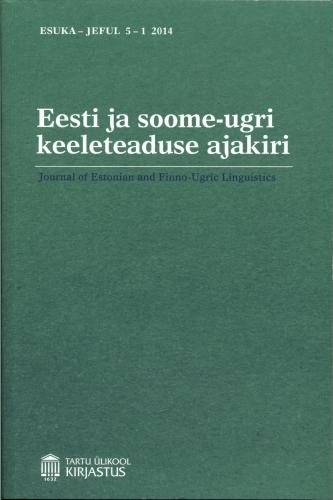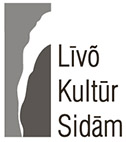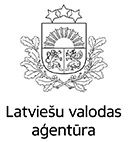Expressions of obligation, duty, and necessity in Livonian
Tiit-Rein Viitso, 2014
In Livonian, obligation, duty, and necessity are expressed mainly by means of constructions containing a finite form of the auxiliary verbs piḑīm ‘must’ and piḑīks ‘should have to’, tūlda ‘to come’, lǟ’dõ ‘to go’, vȱlda ‘to be’ and līdõ ‘shall, will’. The multitude of constructions can be reduced to eleven underlying constructional models consisting of three components: (a) the experiencer in the nominative or the experiencer in the dative (which can occur with all auxiliaries), (b) an auxiliary verb as the predicate and (c) the infinitive, a supine form or a participle of a main verb or the adverb vajāg ‘necessary’ and the object noun.

ESUKA / JEFUL. Special Issue “Studies on Livonian I”. 2014.
Full article: Tiit-Rein Viitso, Expressions of obligation, duty, and necessity in Livonian [ESUKA – JEFUL 2014, 5–1]






